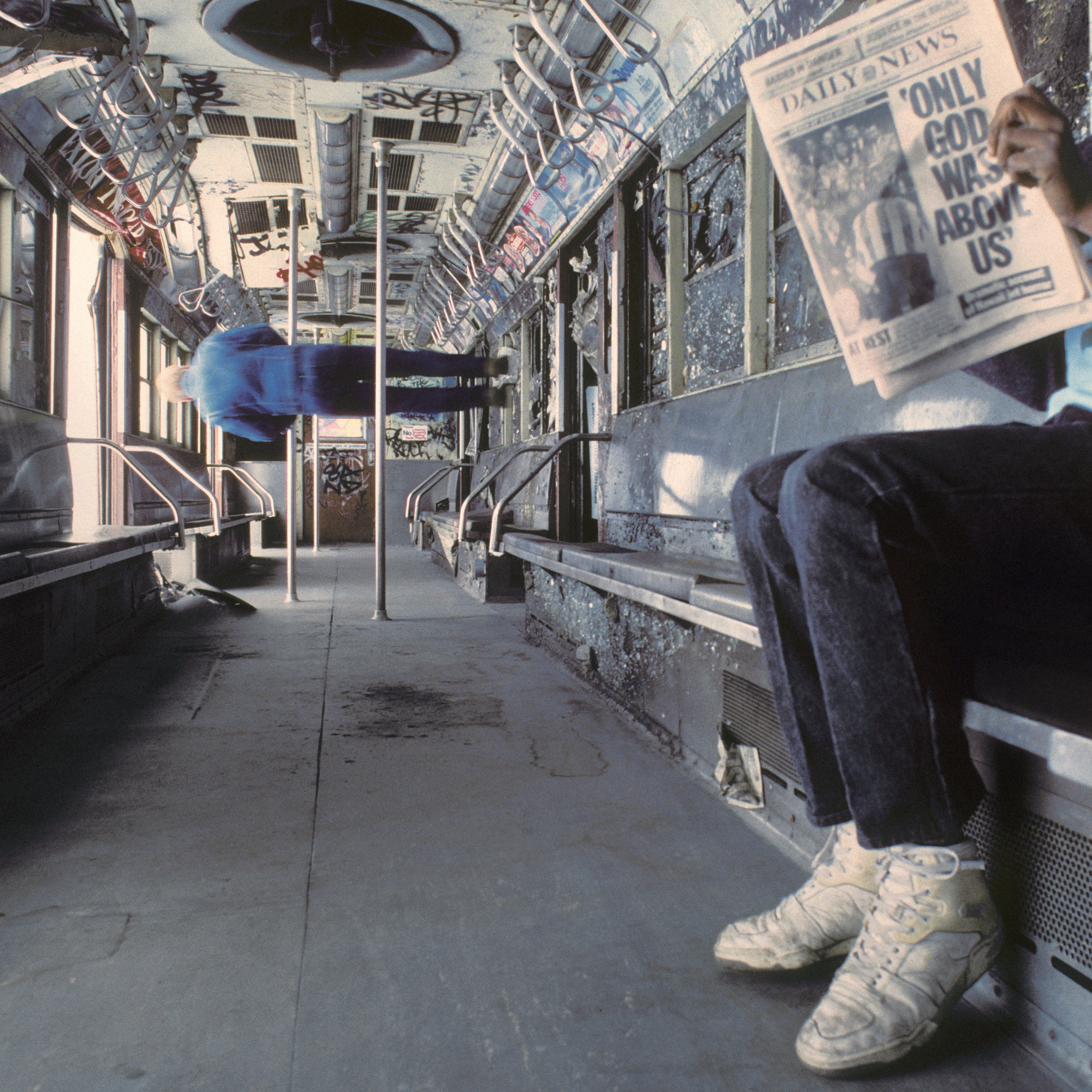Vampire Weekend review, Only God Was Above Us: A journey through modern disaster that ends with hope
Ezra Koenig gets the original band back together for a record that incorporates the best of their original sound with musings on conflict, life and art

Your support helps us to tell the story
From reproductive rights to climate change to Big Tech, The Independent is on the ground when the story is developing. Whether it's investigating the financials of Elon Musk's pro-Trump PAC or producing our latest documentary, 'The A Word', which shines a light on the American women fighting for reproductive rights, we know how important it is to parse out the facts from the messaging.
At such a critical moment in US history, we need reporters on the ground. Your donation allows us to keep sending journalists to speak to both sides of the story.
The Independent is trusted by Americans across the entire political spectrum. And unlike many other quality news outlets, we choose not to lock Americans out of our reporting and analysis with paywalls. We believe quality journalism should be available to everyone, paid for by those who can afford it.
Your support makes all the difference.“A journey from cynicism to optimism,” is how Ezra Koenig describes Vampire Weekend’s fifth album, Only God Was Above Us. Beginning with the muttered line “F*** the world” and ending with a song called “Hope”, it’s a record that sucks in all of the band’s best-known sounds and blows them out in a wild confetti blast of twisty-indie-anxious-punk-jazzy-joy.
While 2019’s Father of the Bride was presented as a solo project, Only God Was Above Us is billed as a group effort, restoring the original 2006 lineup with drummer Chris Tomson and bassist Chris Baio officially back on the team, and multi-instrumentalist Rostam Batmanglij in the studio as a guest. Koenig says he’s spent the five-year gap between releases “chilling” with his wife (actor Rashida Jones) and their son, spending time walking through London and Tokyo.
The trauma of world events over those years is acknowledged in both the sound and the lyrics of the new songs, but the bouncing soles of Koenig’s bright melodies encourage fans to dance and sway through the disasters and reach for positivity. Opener “Ice Cream Piano” sidles up to old fans with distorted guitar and pensive, pub pee-anah, while Koenig buttonholes them with musings on war and peace before the track explodes into a mosh pit pogo-sesh. Perfect for flattening that summer festival grass.
Then we get a typically ping-pong melody on “Classical”, skipping across the track’s Nineties trip-hop beat. Koenig’s sweet conversational vocals skitter through images of bridges burning, bodies breaking and temples crumbling – putting modern conflicts in a centuries-old context. Like Paul Simon, Koenig is a conversationally impressionist lyricist/vocalist who travels alongside his listeners rather than opting for some Dylan-esque preaching.
He lobs in pretty polysyllables, seemingly as much for the patter of the beat as for their meaning. He admits to being a “smartass” in the past; now he wears his learning less showily, but no less playfully. Here, he’s tossing out the paradoxical ideas that the “nothingness inside your DNA” is a catastrophe... and also that none of it really matters at all. He throws up his palms at the realisation that “the cruel, with time, becomes classical”. The throwaway ease of the tune is irresistible.
The idea of deep time also grinds through the slower stagger of “Capricorn”, on which guitars and keyboards scrape murky offkey notes like tectonic plates beneath a breezy acoustic strum that dials into Seventies AM soft rock. Cascading pianos, bongos, and jazzily twanged double bass bop through “Connect”, as Koenig reaches casually for his falsetto like an old-school hepcat flipping down a fedora from a hatstand. Dev Hynes from Blood Orange drops in to play drums on “Prep School Gangsters”, after an injury forced him to abandon the bass.

On “Gen X Cops”, Koenig concedes that time ensures “each generation makes its own apology” over guitar lines that screech and spark like New York subway trains cornering through the dark. Although they’re now mostly based in LA, Vampire Weekend reference their hometown throughout this record. Over the baggy beat, choir and hand claps of “Mary Boone” they celebrate the septuagenarian art dealer whose pioneering gallery showed early works by Julian Schnabel and Jean-Michel Basquiat until she was jailed in 2018 for tax fraud.
She’s still famous for pointing out that, in the Seventies and Eighties, the violence and poverty of New York gave people more time to focus on art. Koenig seems to be suggesting that modern challenges could allow us time to do the same.
Eight-minute closer “Hope” takes its time to gently lift the spirits, like a parental palm under the chin and kiss on the forehead. Over a trudging beat, throbbing bass, liquid piano and swelling brass, Koenig repeats “I hope you let it go” like a mantra. Only God Was Above Us takes its title from a 1988 newspaper headline, in which a plane crash survivor reflected on how it felt when the roof was ripped off the aircraft. It really captures the mood of this music, as it invites us all to feel the wind in our hair even as we’re surrounded by disaster.
Join our commenting forum
Join thought-provoking conversations, follow other Independent readers and see their replies
Comments